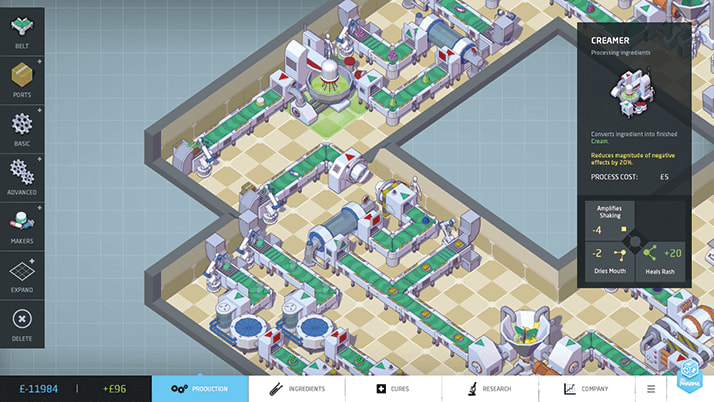Attending the Interphex trade show in April, I can’t deny that I was childishly excited to learn that a company was showcasing virtual reality (VR) headsets for use by pharma and biopharma companies. The technology is cool – and it’s also expensive so it’s not every day that you get to try it out. But I was also a little sceptical; VR certainly has the power to change video gaming, but is there a place for the technology in pharmaceuticals? Novel marketing campaigns quickly spring to mind; in March 2016, Pfizer launched a campaign to promote the benefits of its Advil Liquid Capsules, which incorporates VR in a “Tron-like bike experience” (1). But it seems that there could be potential for VR in manufacturing too.
VR headsets are now very advanced – and much lighter and more comfortable than I expected. If you’ve never experienced VR before then it’s hard to imagine what it’s like. You see the room around you, but you also see VR displays or objects. Apprentice Field Suite are promoting the use of VR for a number of pharma manufacturing applications. Glancing at a piece of equipment, for example, can bring up a display that shows the system is operating within normal parameters. VR can also be used to allow remote engineers to see equipment in real-time so that they can perform inspections or troubleshoot problems, or it can be used for training purposes or for instant access to standard operating procedures documents and batch records. A little gimmicky? Definitely. But these capabilities could be genuinely useful for a global pharma company. Apprentice Field Suite aren’t the only company active in this area. Also at Interphex, Pall were showcasing their HakaBio VR platform, developed with OUAT!, which allows companies to plan their own facility. And in 2015, Eon Reality developed a VR application for GlaxoSmithKline to help visitors to the Neural Pathways Discovery Performance Unit learn about Lou Gehrig’s Disease. Pharma is often accused of being conservative with new technologies, but VR is pretty ‘safe’; it doesn't affect a manufacturing process directly, so won’t require specialized regulatory approval. And I certainly believe that the technology is exciting enough to encourage companies to experiment. I’ll be keeping a close eye on pharma’s VR activities. And I’d love to hear your thoughts and experiences with the technology – both inside and outside the workplace. Game changer or gimmick?
Stephanie Sutton
Editor

References
- S Canning, “Australian agency Matterhorn creates global VR first for Pfizer with Tron-like bike experience,” Mumbrella, March 2016. http://bit.ly/1QXiA2p




